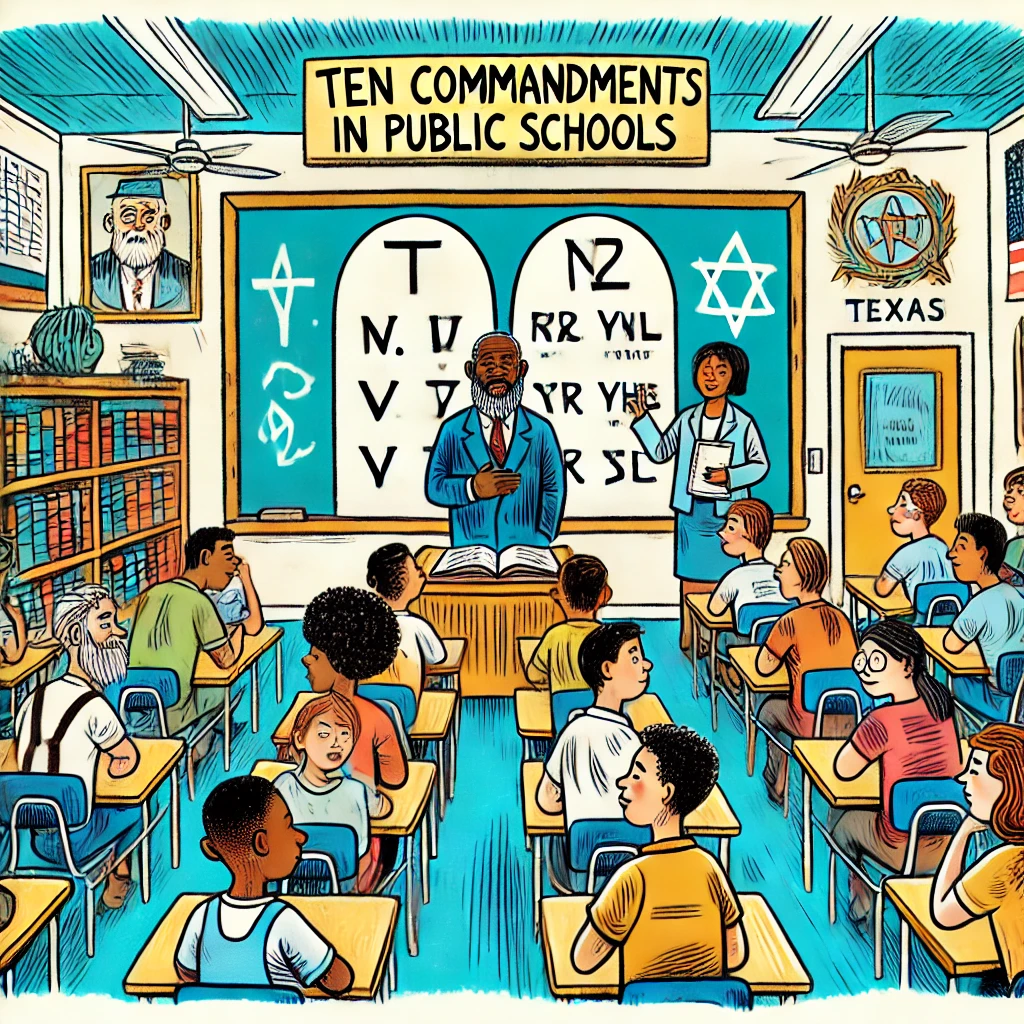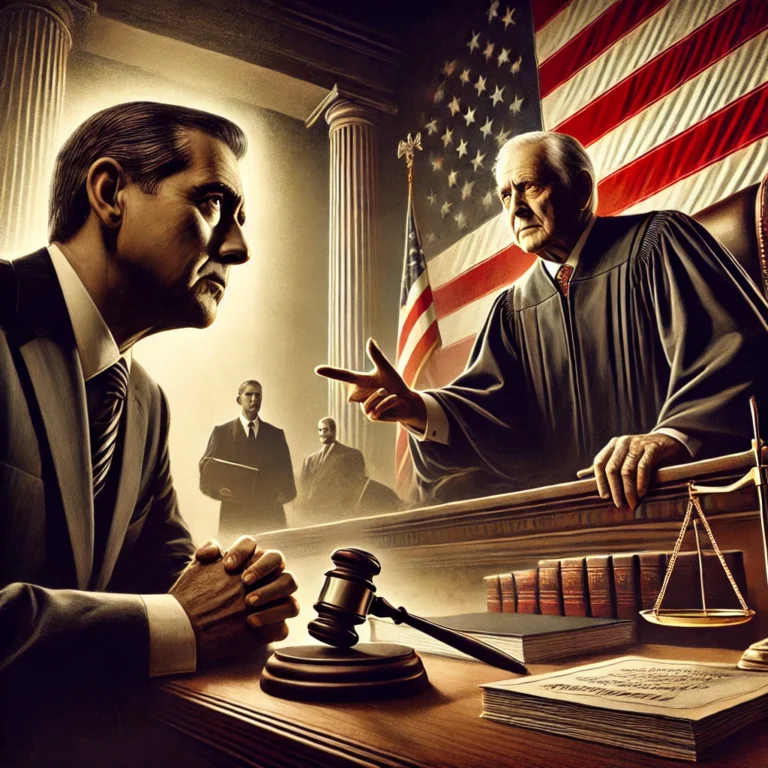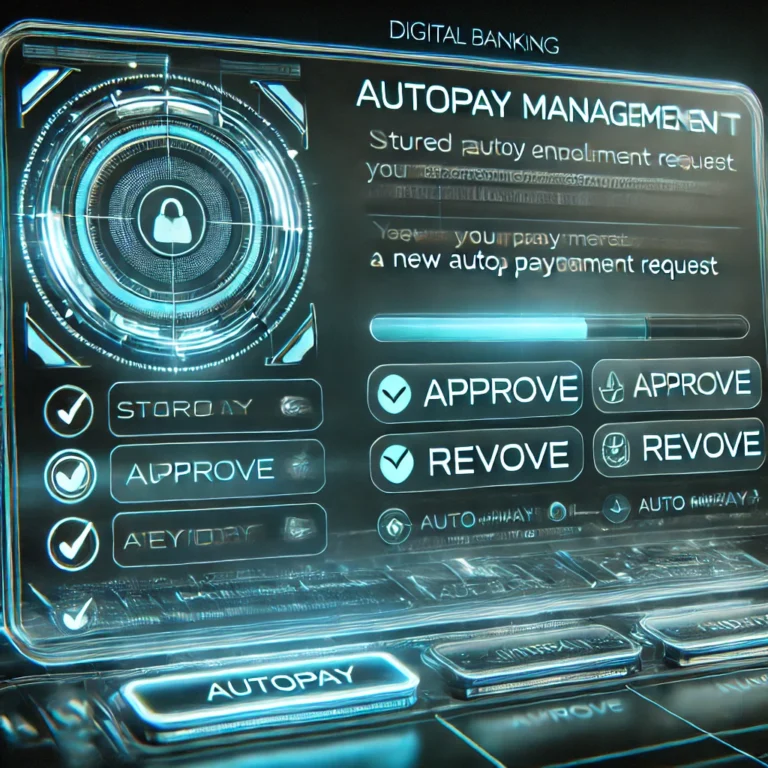
Texas Senate Bill 10: A Constitutional Crisis That Must Be Stopped
Introduction
Imagine sending your child to school only to find that the state has forced religious doctrine upon them—without your consent, without regard for your personal beliefs, and in direct violation of the U.S. Constitution. This is exactly what Texas Senate Bill 10 (SB 10) seeks to do.
SB 10 mandates that every public school classroom in Texas prominently display the Ten Commandments, a sacred religious text with deep theological significance in Christianity and Judaism. While some may see this as a harmless measure, the reality is that it erodes religious freedom, disregards parental rights, and blatantly violates the First Amendment.
This is not just a Texas issue. If allowed to stand, it sets a dangerous precedent that could lead to other states forcing religious doctrine into public schools. That’s why every concerned parent, student, and citizen must take action—before it’s too late.
What Can You Do?
- Contact your state representatives immediately – Tell them SB 10 is unconstitutional and demand they vote against it.
- Mobilize your community – Speak with fellow parents, educators, and local organizations to raise awareness.
- Prepare for legal action as a last resort – If SB 10 is signed into law, we must be ready to challenge it in court.
Let’s break down why this law is unconstitutional and how we can fight back—before legal action becomes necessary.
What SB 10 Says and Why It’s a Problem
SB 10 requires that every elementary and secondary public school classroom display a framed copy or durable poster of the Ten Commandments with text large enough to be read from anywhere in the room. Schools are instructed to accept privately donated copies and are even authorized to use taxpayer funds to ensure compliance with the law.
Supporters claim this bill promotes “moral values” and “America’s religious heritage.” But in reality, it forces a religious text into a government-run educational setting, violating the Establishment Clause of the First Amendment.
For the full bill text, you can refer to the Texas Legislature’s official website: SB 10 Bill Text.
Why SB 10 Is Unconstitutional: The Establishment Clause
The First Amendment to the U.S. Constitution explicitly states:
“Congress shall make no law respecting an establishment of religion, or prohibiting the free exercise thereof…”
This clause, known as the Establishment Clause, serves one crucial purpose: to prevent the government from endorsing or imposing religious beliefs.
1. Supreme Court Precedent Prohibits Religious Endorsement in Public Schools
SB 10 flies in the face of decades of Supreme Court precedent. Most notably:
Engel v. Vitale (1962) – Striking Down School Prayer
In Engel v. Vitale, the Supreme Court struck down mandatory school prayer because it was state-sponsored religious expression, even though participation was voluntary.
SB 10 is even more blatant than school prayer, as it permanently installs a religious display in every classroom, leaving no room for personal choice.
Stone v. Graham (1980) – Striking Down Ten Commandments Displays in Schools
This case is the most directly applicable precedent to SB 10. In Stone v. Graham, the Supreme Court struck down a nearly identical law in Kentucky that required public schools to display the Ten Commandments.
The Court ruled that:
- The Ten Commandments are inherently religious.
- Requiring their display serves no secular purpose.
- Such a law violates the Establishment Clause.
If the Kentucky law was unconstitutional in 1980, Texas’s SB 10 is equally unconstitutional today.
What You Can Do Right Now to Stop SB 10
1. Contact Your State Representatives
Before this bill becomes law, we must pressure lawmakers to reject it.
- Call or email your state senator and representative.
- Attend public hearings and voice your opposition.
- Sign petitions and organize parent groups to demand that the bill be voted down.
Lawmakers need to know that Texans will not stand for an unconstitutional law that forces religious doctrine into public schools.
2. Speak Out in Your Community
Many parents and educators don’t even know this bill exists. The more we talk about it, the more opposition we can build.
- Organize town halls or school meetings to discuss SB 10.
- Educate parents about their constitutional rights.
- Partner with local advocacy groups who are fighting for religious freedom.
If enough people speak out, we may be able to stop this bill before it becomes law.
3. Why Do Lawmakers Keep Pushing for Laws the Supreme Court Already Rejected?
It is mind-boggling that certain legislators, primarily from one political party, continue to push laws that have already been struck down by the Supreme Court. Do they believe they can bypass the Constitution by trying again and again?
Every time a law like SB 10 is proposed, it wastes taxpayer money, distracts from real educational issues, and invites costly lawsuits that the state will inevitably lose. Yet, this cycle continues. Why? Is it political posturing? An attempt to score points with a particular base? Or simply sheer refusal to acknowledge constitutional law?
At some point, common sense and legal precedent must prevail. How many times does the Supreme Court need to say NO before these lawmakers get the message?
4. Prepare for Legal Action as a Last Resort
If SB 10 is signed into law, legal action will be necessary to stop its enforcement.
- Civil rights organizations like the ACLU and Americans United for Separation of Church and State have already fought and won cases like this.
- Parents, teachers, and students will have legal standing to challenge the law in court.
- Based on Supreme Court precedent, SB 10 will not survive judicial scrutiny.
But lawsuits take time—and during that time, students could be subjected to government-mandated religious indoctrination. This is why stopping SB 10 before it becomes law is critical.
Conclusion: Act Now Before It’s Too Late
Texas SB 10 is a blatant violation of the First Amendment and an assault on the principle of church-state separation.
- Contact your state representatives and demand they vote NO on SB 10.
- Talk to your community, organize, and raise awareness.
- If SB 10 becomes law, be prepared to fight back in court.
The fight isn’t just about Texas—it’s about protecting the Constitution for future generations. The time to act is now.



